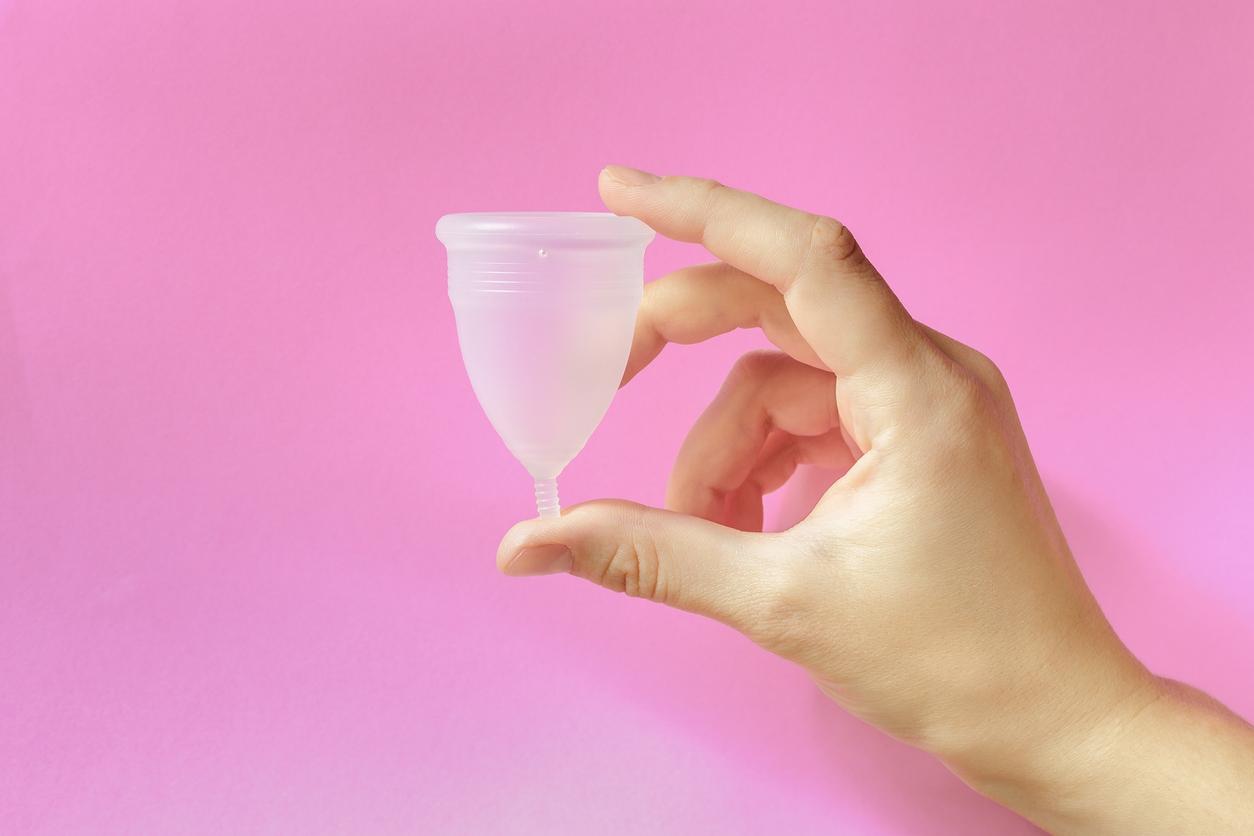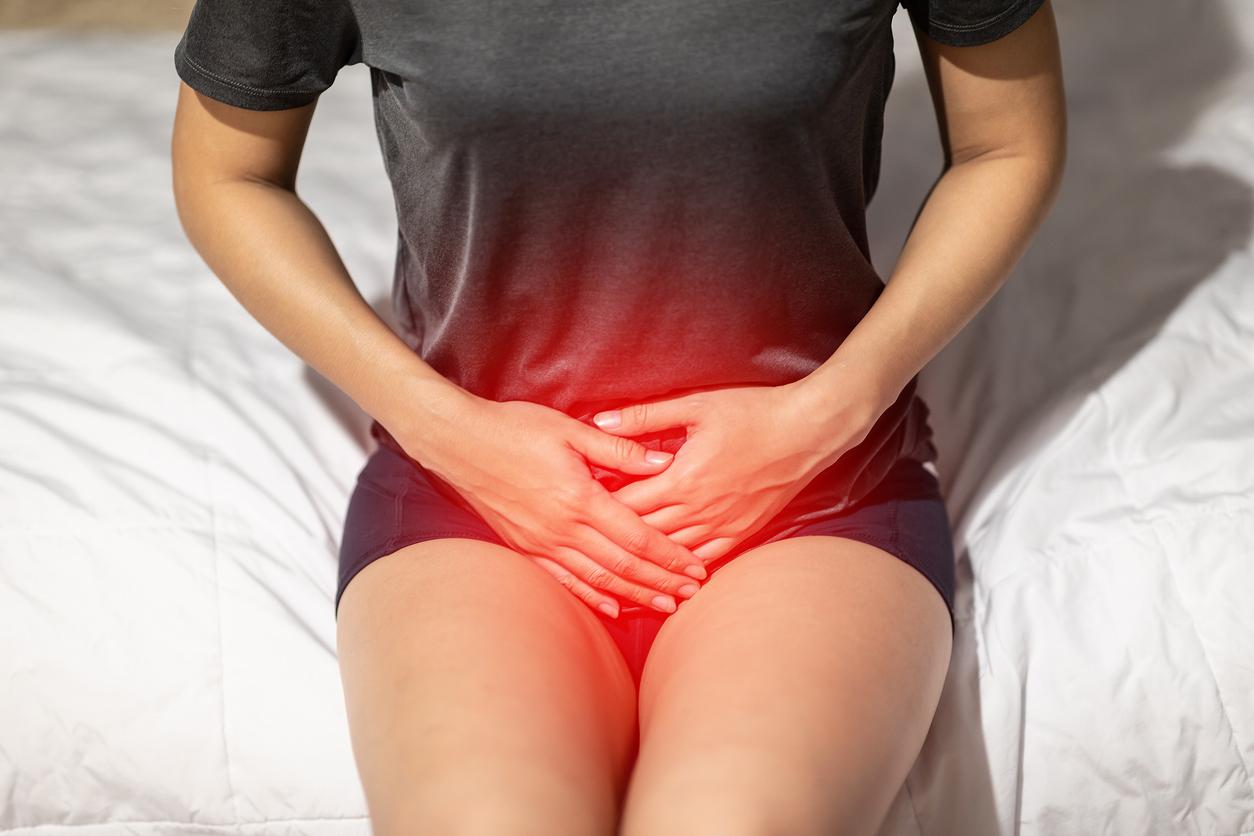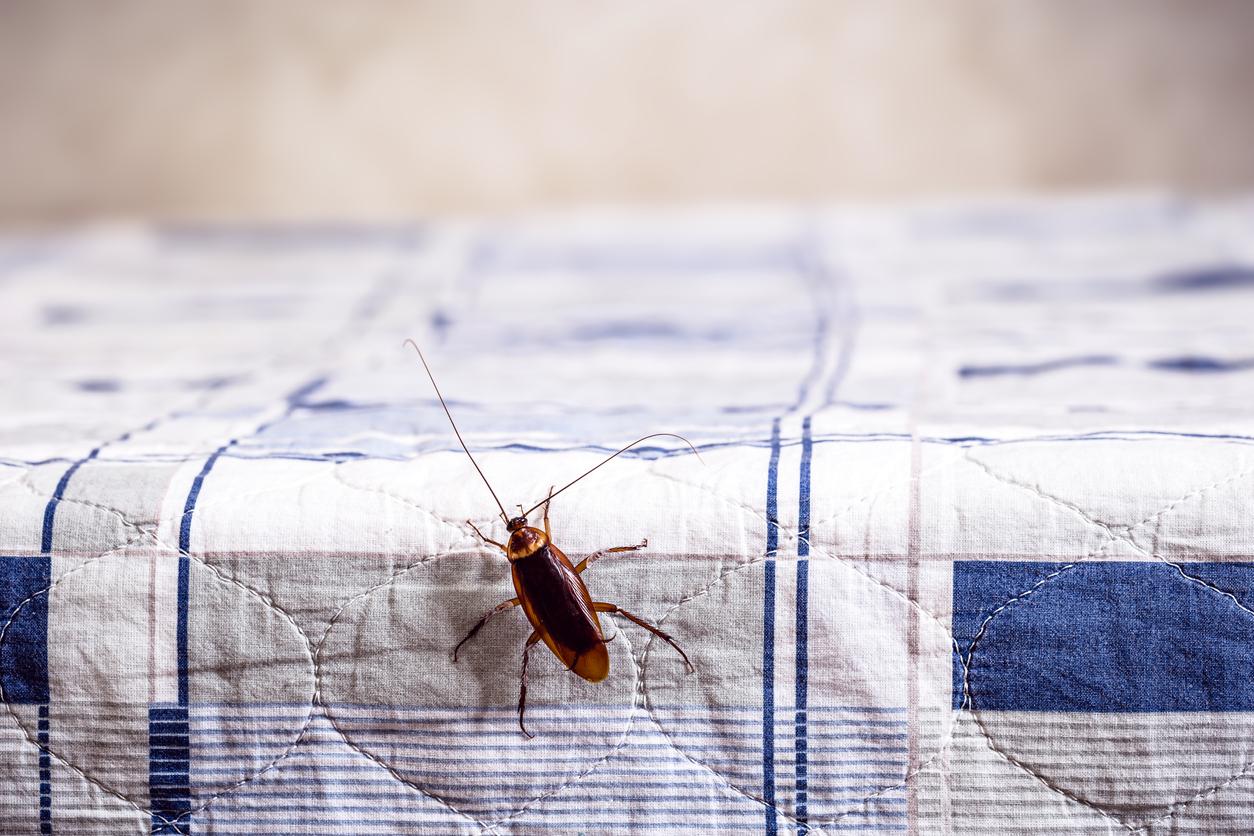Vaginal odor should not be minimized… Why doctor explains to you what can be the causes and how to get rid of it.

- Strong vaginal odors can appear at any age.
- They can be linked to different causes, including certain diseases.
- If in doubt, you should consult your doctor.
For women with this problem, overly strong or unusual intimate odors can be difficult to bear. The resulting stigma sometimes even prevents them from seeing a doctor. However, these intimate odors caused by vaginal discharge are not a sign of a lack of hygiene and they can affect all women, regardless of their age.
What are the causes of these vaginal odors?
A strong intimate odor comes from vaginal discharge. They have a natural fragrance that corresponds to a balanced vaginal flora. Each vagina has a unique smell, but if it is healthy, its smell is often perceived as “musky”.
Sometimes this smell changes, especially during the menstrual cycle: for a few days the secretions can take on an acid or “metallic” smell. In addition, sexual intercourse can also temporarily change the smell. Finally, the vagina does not smell the same whether you are a 30-year-old woman or a postmenopausal woman.
But beware, a strong smell can also be a sign of illness.
Vaginal flora: when is it necessary to consult because of odours?
If these strong odors are accompanied by itching, irritation and abnormal discharge, it is certainly a sign of an unbalanced vaginal flora, caused by the proliferation of certain bacteria. You should then consult your doctor or gynecologist.
It could be a bacterial infection, or bacterial vaginosis. It is linked to an imbalance of the vaginal microflora due to the bacteria Gardnerella vaginalis. It is identified by its so-called “rotten fish” smell. Be careful, even mild bacterial vaginosis can cause fetal infection, which can be very dangerous for pregnant women.
There is another infection that causes strong vaginal odor, trichomoniasis. It is a parasitic (and therefore not viral) sexually transmitted infection (STI) that manifests as thick, yellowish or greenish vaginal discharge and a foul odor. Very widespread, this infection is easily treatable, a doctor will prescribe an appropriate treatment.
In addition, poor hygiene, stress or antibiotic treatment can also be the cause of bad odor.
Finally, certain diseases, such as cancer of the cervix or vagina, or a rectovaginal fistula can cause unpleasant odors.
How to prevent bad odors from private parts?
It is obviously not recommended to use perfume to cover these odors, however these can be avoided, in particular by paying particular attention to your intimate hygiene.
Deodorants or intimate wipes, perfumed sanitary napkins and toilet paper, as well as vaginal douches are not recommended because they disturb the vaginal flora and can lead to infection. “All these gestures and chemical products risk weakening the mucous membranes and blocking natural secretions”specifies infectious disease specialist Jean-Marc Bohbot at Marie Claire. The vulva, since it is a fold, must remain moist. Natural lubrication and hydration avoid certain inconveniences. Perfumes can cause allergies and, on delicate skin such as the vulva, they can cause serious irritation.
To respect its flora and avoid infections, it is preferable to carry out an external toilet, no more than twice a day, with gentle cleansing products, preferably recommended for intimate hygiene.

















